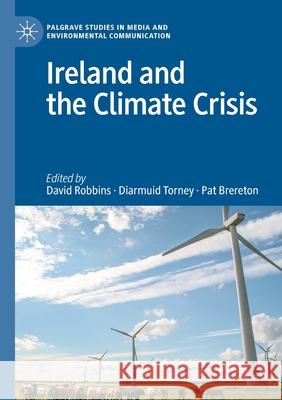Ireland and the Climate Crisis » książka
topmenu
Ireland and the Climate Crisis
ISBN-13: 9783030475895 / Angielski / Miękka / 2021 / 340 str.
Ireland and the Climate Crisis
ISBN-13: 9783030475895 / Angielski / Miękka / 2021 / 340 str.
cena 523,30
(netto: 498,38 VAT: 5%)
Najniższa cena z 30 dni: 501,19
(netto: 498,38 VAT: 5%)
Najniższa cena z 30 dni: 501,19
Termin realizacji zamówienia:
ok. 22 dni roboczych
Dostawa w 2026 r.
ok. 22 dni roboczych
Dostawa w 2026 r.
Darmowa dostawa!
Kategorie:
Kategorie BISAC:
Wydawca:
Springer Nature Switzerland AG
Seria wydawnicza:
Język:
Angielski
ISBN-13:
9783030475895
Rok wydania:
2021
Ilość stron:
340
Waga:
0.44 kg
Wymiary:
21.01 x 14.81 x 1.93
Oprawa:
Miękka
Wolumenów:
01
Dodatkowe informacje:
Wydanie ilustrowane











